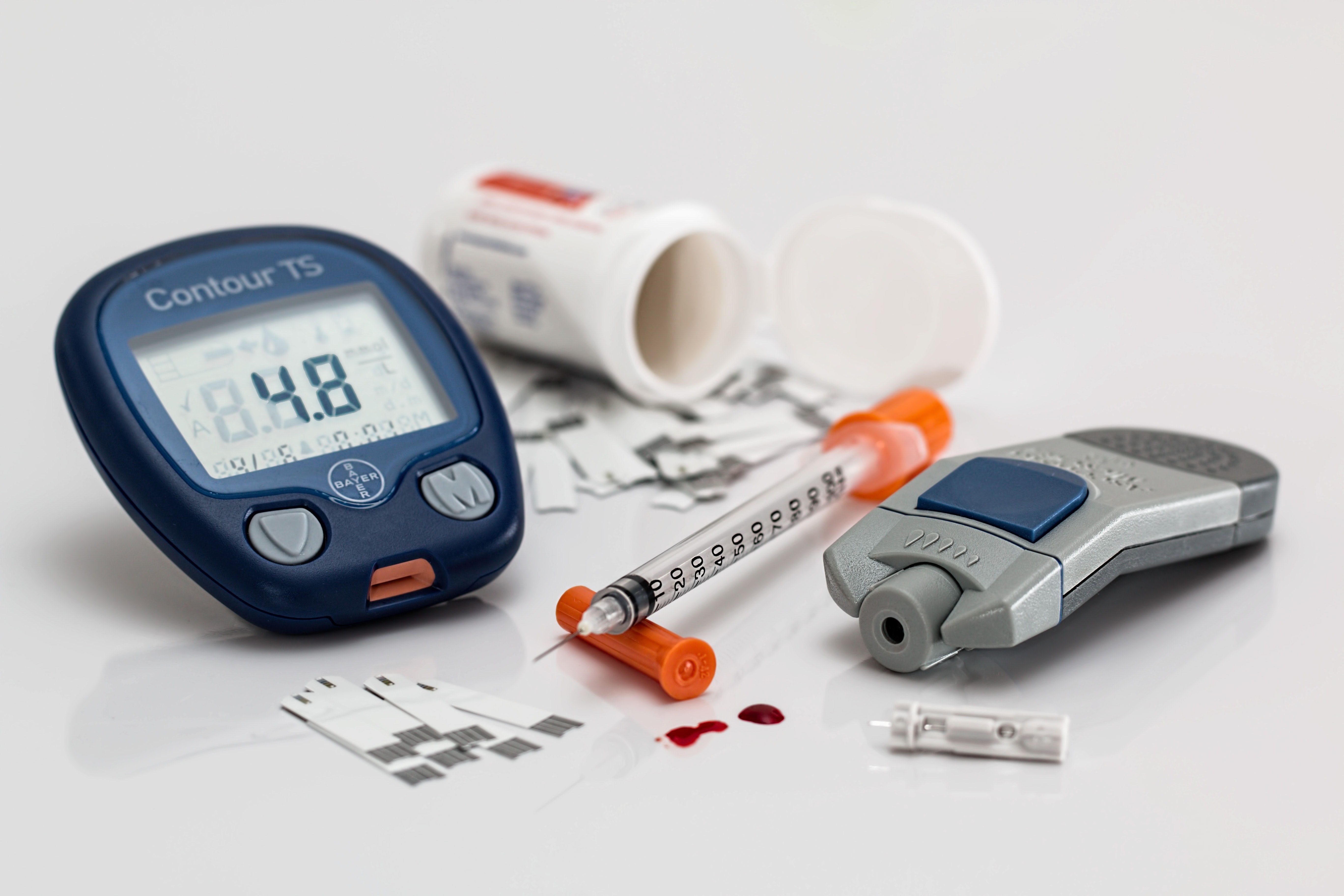
The Paleo Diet and the Ketogenic (Keto) Diet have become very popular over the last few years. You’ve probably tried at least one of them yourself, or you know someone who has. People often believe these are the healthiest diets, but this is not always true. As with everything, there are pros and cons to each diet, and success also depends on a person’s individual needs and genetics. For example, Paleo may provide too much protein for the average person, and Keto may be difficult for someone who has had their gallbladder removed.
The Paleo Diet
The Paleo Diet gained a lot of popularity a few years ago with famous wrestlers, actors, and singers endorsing it. Eating Paleo has some benefits, but just like any diet, it’s not for everyone. The Paleo Diet is based on the idea of eating like a caveman, or eating what our ancestors hunted and gathered before farming began. Many of the most common ailments affecting the developed world today are due to the intake of too many carbohydrates (especially sugar), too little fat, and vitamin and mineral deficiencies. On the Paleo Diet you eat a lot of fat and protein, very few carbs, and everything you eat is natural and unprocessed. This can be a great diet for some people, and it is healthier than a diet full of processed food and sugar, but it may be too much protein for the average person.
The Keto Diet
The Keto Diet has become very popular over the last couple years, and there are countless stories of people who followed the Keto Diet and saw their blood sugar, triglycerides, cholesterol, and/or blood pressure normalize, in addition to losing weight. The Keto Diet emphasizes eating more good fats than carbs or protein, and making sure all the food you eat is natural. When done the right way, Keto can greatly improve your health, but it’s not the right diet for everyone.
People who have had their gallbladder removed often struggle with the Keto Diet. The gallbladder plays a major role in digesting fat, and many people are unable to tolerate high amounts of fat after having their gallbladder removed. The liver produces bile and the gallbladder stores it in between meals, then when fat is consumed your gallbladder releases bile to help break the fat down. For someone that no longer has a gallbladder, bile is often not released fast enough or in high enough amounts to properly break the fat down, especially on a high-fat diet like Keto. However, you don’t have to avoid fat for the rest of your life if you don’t have a gallbladder. Taking supplements that contain digestive enzymes and ox bile can help with fat digestion in people who have their gallbladder and in people who don’t. Try taking one to two Digestive Essentials right before eating a meal and see if you notice a difference.
Weight Loss
Strict diets are often difficult for people to follow, but eating healthy can be simple. Try taking it one step at a time like first cutting out processed food – think boxed, bagged and frozen foods – and replacing them with home cooked meals. Each little thing you do adds up to make a big difference, and pretty soon you’ll be eating healthy every day.
However, if you want a little extra help on your weight loss journey, you can give these supplements a try:
Eating healthy isn’t just about losing weight, it’s about getting healthier in every way and feeling better than ever. Focus on organic, whole foods, listen to your body, and follow a diet that fulfills your individual nutritional needs. Your body will thank you!
You can listen to our podcast episodes here. You can also listen on our YouTube channel here.





